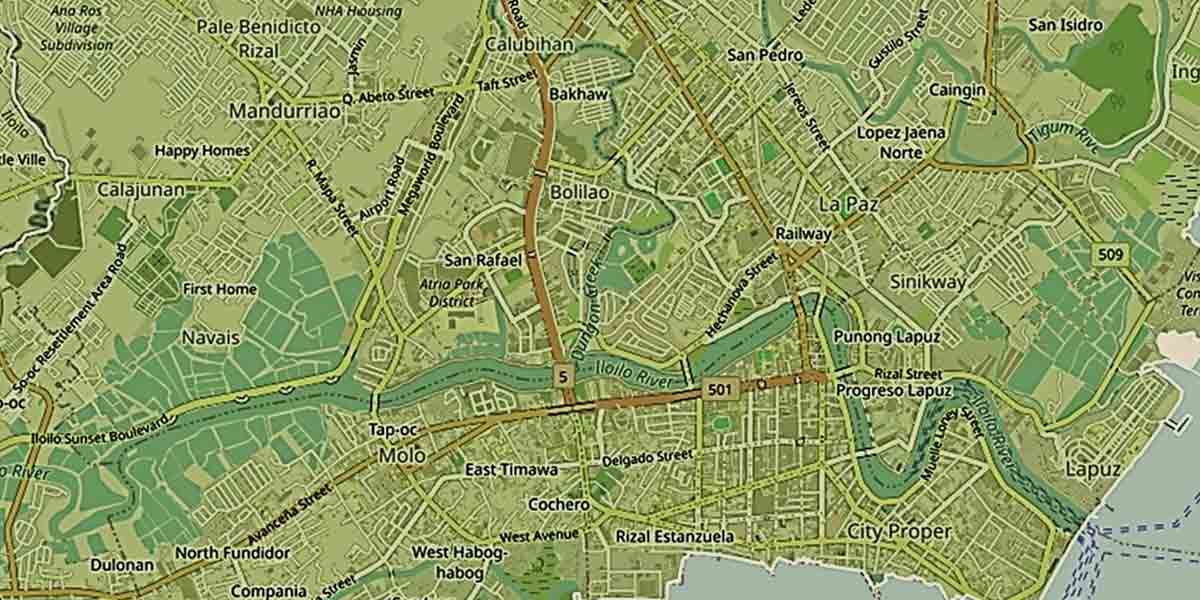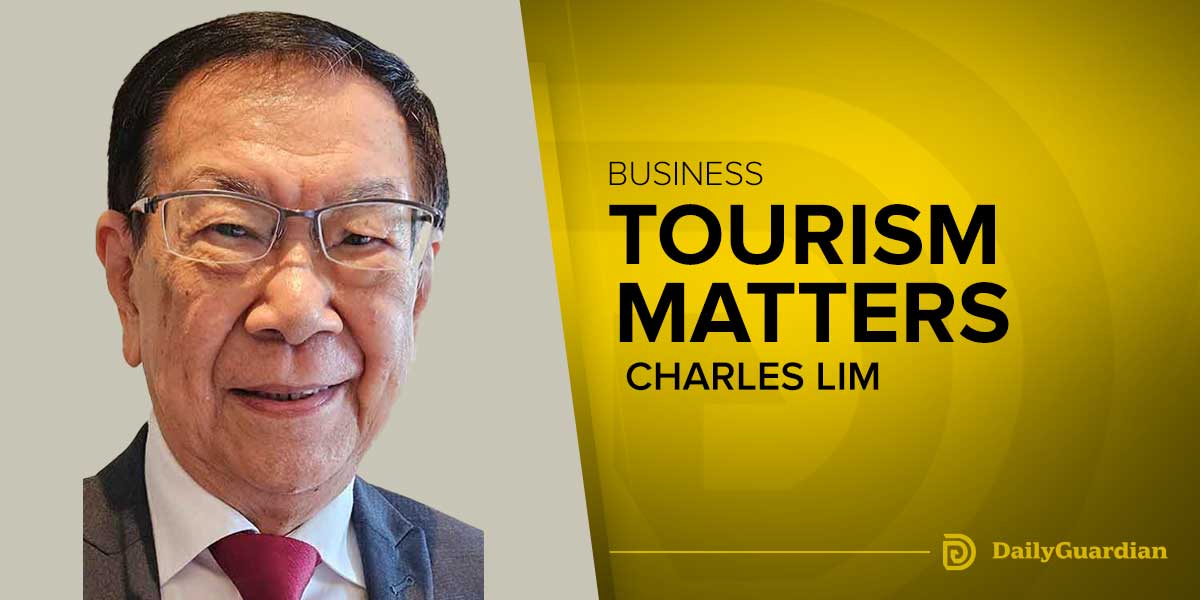By Herbert Vego
DURING a recent dinner with a friend who had phoned to see me, he was uneasy. Thus, I encouraged him to tell me his problem.
“Money is my problem,” he confessed. “I want to fly to Manila to visit my departed loved ones in the cemetery.”
It bothered me that he had no money, knowing he was earning a salary befitting his high position in the government.
“I always run short of cash,” he lamented.
“Yes, you do,” I agreed. “But it’s because you spend heavily on good Fridays.”
He laughed, knowing I was referring to Friday nights when he would spend “good time” with the barkada in a beer bar. I am no longer one of them.
In turn, he asked me how I cope with rising prices.
“I abandoned wasteful spending,” I answered. “Remember when we were both working for the same company in Manila? I lost heavily to gambling in Jai-Alai.”
I told my friend that since it’s no good crying over spilled milk, I look back to that vice as a learning experience from which to redirect my path. How often do we forget that experience is the best teacher?
“There was a time,” I told my friend, “when my wallet had run out of paper bills, forcing me to break my Buddha bank for coins to buy cooked food for my family. It was then that I took stock of my situation, thinking of ways and means to recover my respectable financial shape.
“In the next few months, I kept an expense diary to know exactly how much and for what I had spent. It surprised me to find out that I had splurged on restaurant meals and beer as if I were still a bachelor.”
Having said that, I told my friend to do as I did. I traced the root of my financial problem to overspending, which prompted me to spend more for dinners with family at home than with the gang elsewhere. I promised myself to eat outside only whenever I had extra income from a sideline.
Having determined my shopping patterns, I steered clear of temptations.
To this day, even if I frequent the malls, I prefer bargain-hunting and shun impulse buying. Instead of buying a pair of branded denims, I buy ten pairs at the ukay-ukay stalls. Buying more items at the least cost now gives me the satisfaction of having beaten monetary inflation.
I used to splurge on credit-card purchases that I could not pay on time, prompting the card company to suspend my account.
I am glad that I have paid up. I am free again from stressful debts. Whenever I feel like wanting to buy something I can live without, I distract myself with a priceless alternative – say, playing a computer game on my laptop, or watching a movie on YouTube.
At the end of every month, I go over my receipts to determine which bought items I can live without. That way, no matter how small, I manage to stash away cash for a wish to come true.
That’s how I saved for a brand-new car that is now a necessity, not a luxury, for a 74-year old me to move around.
“Well,” he heaved a sigh of relief. “The dead can wait. I will see them next year.”
I smiled, wondering whether he had intended to borrow money from me but changed his mind.























